BGS to lead new £2.5 million, NERC-funded research project to better understand the lifecycle of lithium
27/11/2020 By BGS Press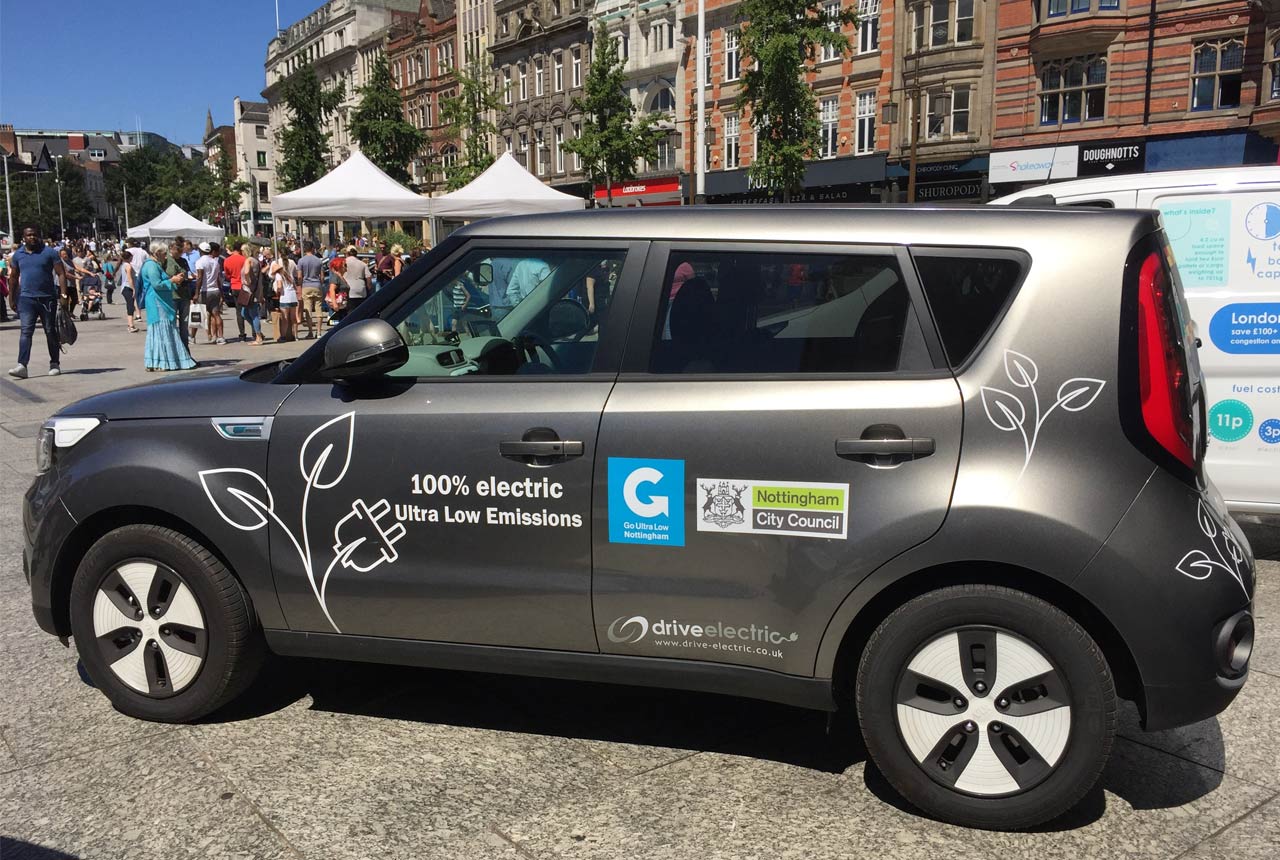
Scientists at the British Geological Survey (BGS) will lead a new £2.5m NERC-funded research project designed to increase our understanding of global lithium resources to support a low carbon future.
The primary aim of the Lithium for Future Technology (LiFT) project is to improve the understanding of geological cycles of lithium, which is an essential component of electric vehicle batteries.
Decarbonisation of energy and transport is one of the major challenges facing the global economy. Recently, this has been emphasised by the UK government’s Ten Point Plan for a Green Industrial Revolution, which has brought the transition to electric vehicles forward, by ten years, to 2030 by ending the sale of new petrol and diesel cars and vans.
Recent lithium forecast scenarios suggest that over five times the current global lithium mine production will be required by 2030, solely to support growth in the electric vehicle sector. This extraordinary growth means that recycling cannot meet the growing lithium demand, and extraction from primary resources will be required.
The LiFT project aims to increase our understanding of the geological processes that concentrate lithium into a range of different types of mineral deposit, from which lithium can be mined in both an economically feasible and environmentally responsible manner. The project will also investigate the environmental impacts of a range of different deposit mining scenarios in order to provide quantitative information for planning and policy decision making.
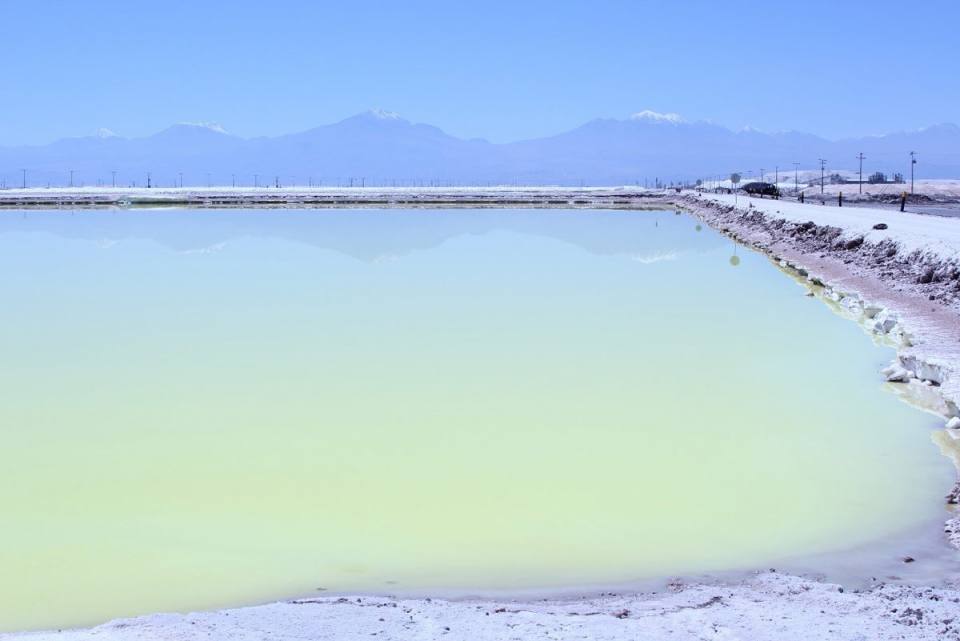
Evaporation pond with concentrated lithium-bearing brine, Salar de Atacama, Chile, which is part of the ‘lithium triangle’ of South America. This photo shows the close geographical connection between the potential lithium-bearing source rocks of the mountains at the edge of the basin, in the distance, and the salt flats and brines at its centre. Image: BGS © UKRI (Andy Butcher)
LiFT will bring together academic partners at the Natural History Museum and the universities of Edinburgh, Exeter, and Southampton, together with a wide range of minerals industry and governmental partners in the UK and overseas.
I’m delighted that we have been awarded a NERC Highlight Topic grant to investigate the processes by which lithium is mobilised and enriched in the Earth’s crust. Lithium is a critical raw material and is essential for the batteries that will drive the electric vehicle revolution, so it’s vital for us to understand our natural resources.
Dr Kathryn Goodenough, BGS Principal Geologist
The project will investigate the ‘life cycle’ of lithium in the Earth’s crust. It is understood that lithium is brought to the Earth’s surface by volcanic eruptions above subduction zones, and that weathering of the volcanic rocks can release lithium into rivers and lakes. The lithium is then laid down in muds and salt deposits that accumulate in these lakes. Over geological time, those deposits may be buried and some will melt to form lithium-rich magmas. The LiFT project will study the processes by which lithium moves through the crust and is concentrated into minable mineral deposits, which will be important for future exploration.
Related news
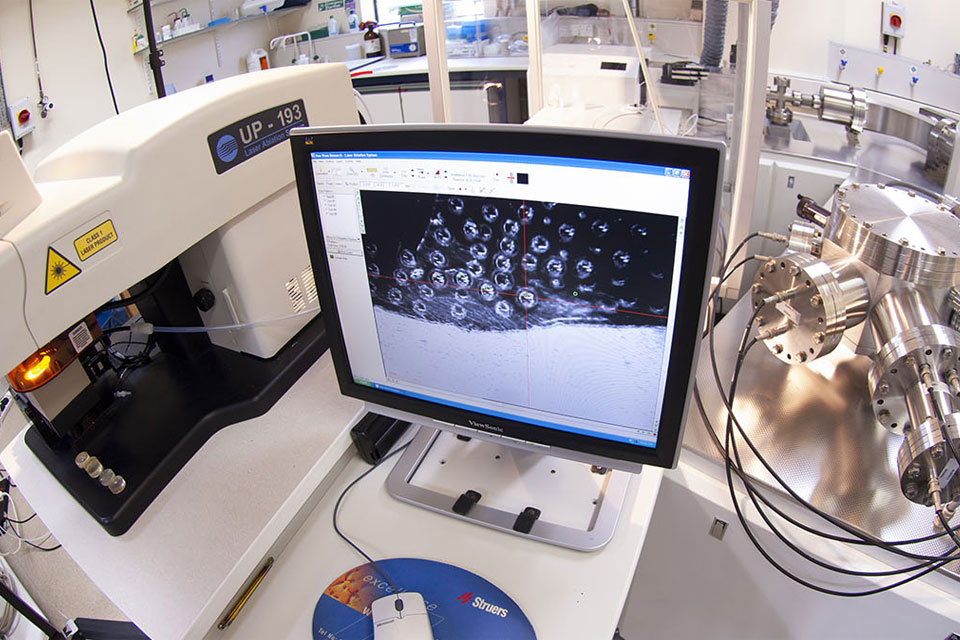
Call for new members and Chair to join the NERC facilities steering committees
25/02/2026
New members are needed to join the committees over the next four years.
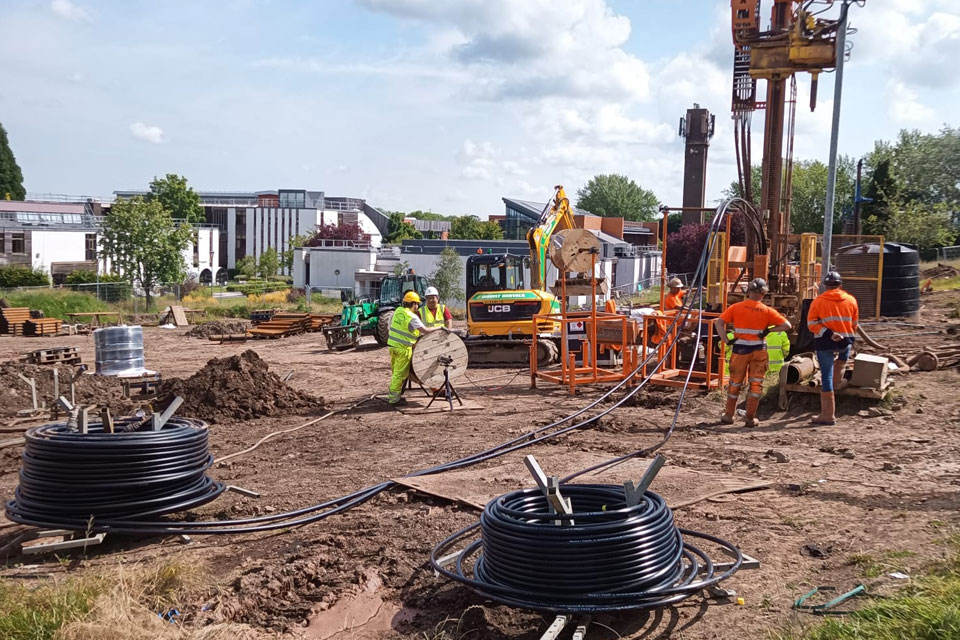
Your views wanted – developing a ‘Geothermal energy subsurface data portfolio’
24/02/2026
BGS is aiming to support the growth of the sector by providing the best-available, location-specific geothermal and ground source heat information as an accessible product or service.
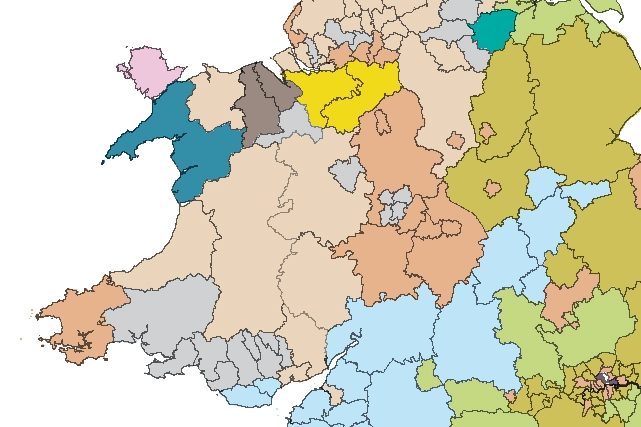
Map of BGS BritPits showing the distribution of worked mineral commodities across the country
18/02/2026
BGS’s data scientists have generated a summary map of the most commonly extracted mineral commodities by local authority area, demonstrating the diverse nature of British mineral resources.

Funding awarded to map the stocks and flows of technology metals in everyday electronic devices
12/02/2026
A new BGS project has been awarded Circular Electricals funding from Material Focus to investigate the use of technology metals in everyday electrical items.

New UK/Chile partnership prioritises sustainable practices around critical raw materials
09/02/2026
BGS and Chile’s Servicio Nacional de Geología y Minería have signed a bilateral scientific partnership to support research into critical raw materials and sustainable practices.

Extensive freshened water confirmed beneath the ocean floor off the coast of New England for the first time
09/02/2026
BGS is part of the international team that has discovered the first detailed evidence of long-suspected, hidden, freshwater aquifers.

Funding secured to help mitigate ground risk in UK construction sector
05/02/2026
The BGS Common Ground project has been awarded new funding to help unlock the value of ground investigation data.

Can sandstones under the North Sea unlock the UK’s carbon storage potential?
02/02/2026
For the UK to reach its ambitious target of storing 170 million tonnes of carbon dioxide per year by 2050, it will need to look beyond the current well-studied geographical areas.

Quaternary UK offshore data digitised for the first time
21/01/2026
The offshore wind industry will be boosted by the digitisation of a dataset showing the Quaternary geology at the seabed and the UK’s shallow subsurface.

Suite of ten new soil reference materials released
02/01/2026
BGS has a longstanding track record of producing high-quality reference materials and has released ten new soil reference materials.

Perth and Kinross tops the UK’s earthquake activity charts for 2025
29/12/2025
Seismologists at BGS have published data on the number of seismic events over the past 12 months with over 300 earthquakes recorded.

BGS awarded funding to support Malaysia’s climate resilience plan
17/12/2025
The project, funded by the Foreign, Commonwealth & Development Office, will focus on minimising economic and social impacts from rainfall-induced landslides.




